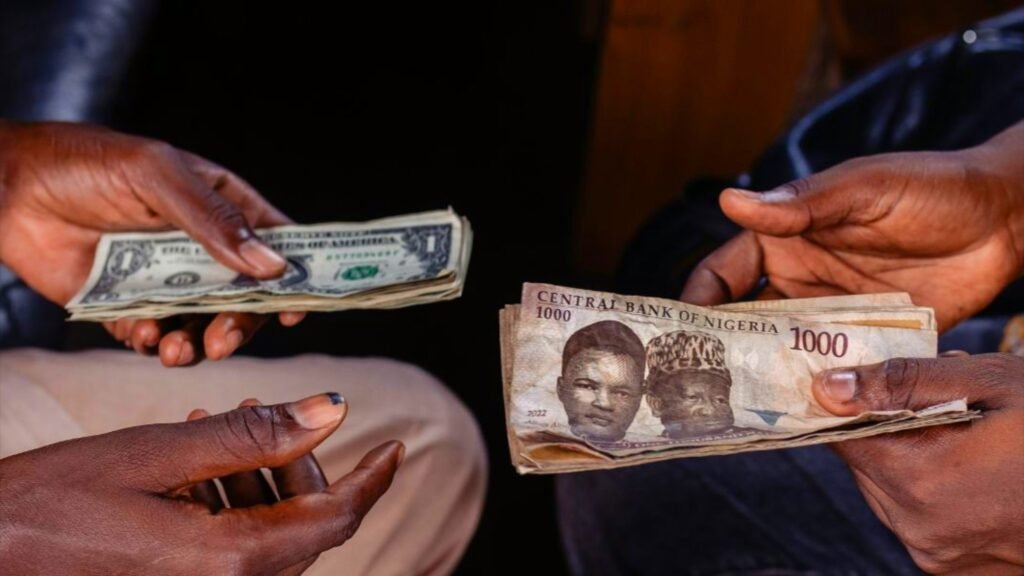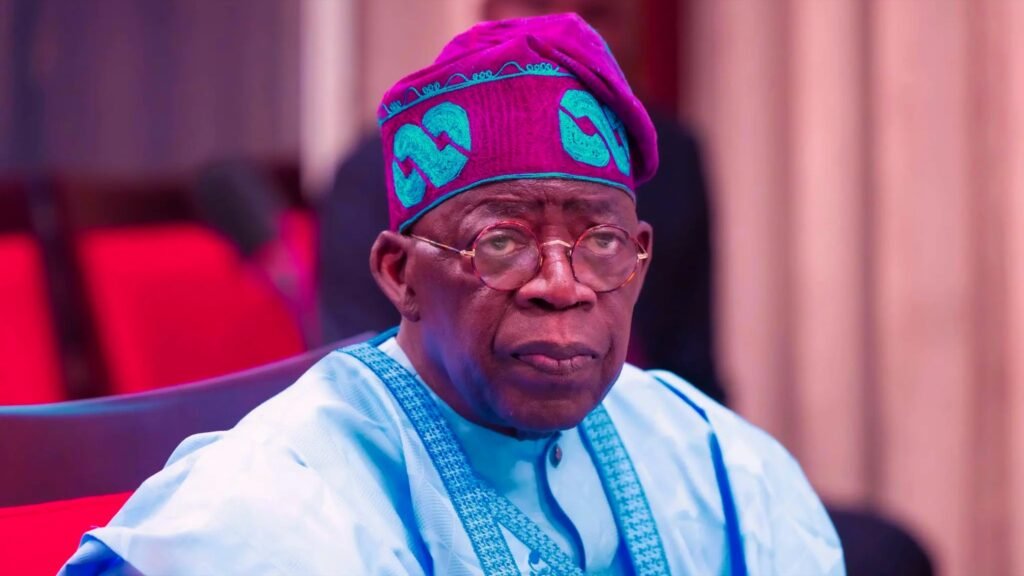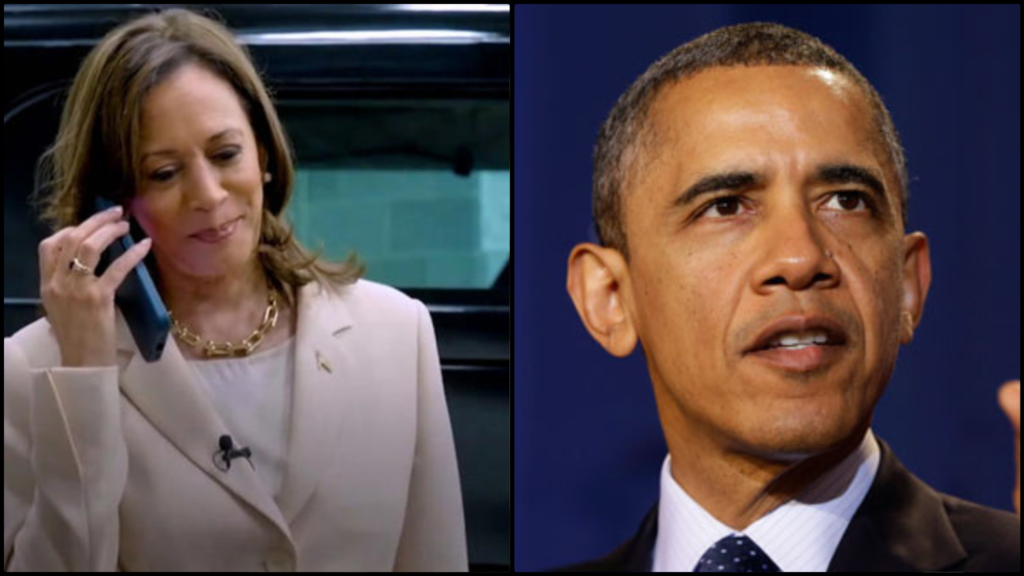The Nigerian naira has been identified as one of the worst-performing currencies in Sub-Saharan Africa for 2024, according to the World Bank’s recent Africa’s Pulse report. By August 2024, the naira had depreciated by approximately 43%, putting it in the same category as other struggling currencies like the Ethiopian birr and the South Sudanese pound.
The decline in the naira’s value is largely driven by increased demand for U.S. dollars in Nigeria’s parallel market, alongside limited dollar inflows and sluggish foreign exchange disbursements by the Central Bank of Nigeria (CBN). The report notes that the pressure on the naira has been exacerbated by financial institutions, non-financial end-users, and money managers, who are all contributing to the rising demand for the dollar. Although Nigeria implemented significant foreign exchange market reforms, such as liberalizing the official exchange rate in June 2023, these measures have so far failed to stabilize the currency.
In addition to foreign exchange challenges, Nigeria faces broader economic issues, including dwindling foreign reserves and inflationary pressures, both of which have worsened the naira’s depreciation. The weaker currency has led to a sharp rise in the prices of imported goods, compounding difficulties for Nigerian consumers who are already grappling with high inflation and reduced purchasing power.
Despite the currency’s prolonged struggle, the naira saw some recent recovery, appreciating by 5.69% against the U.S. dollar on October 14, from N1,641.27/$1 to N1,552.92/$1. However, during the same period, foreign exchange turnover dropped by 44.27%, signaling ongoing liquidity issues in the market. The World Bank projects Nigeria’s economy to grow by 3.3% in 2024, with a slight increase to 3.6% between 2025 and 2026, as economic reforms begin to take effect. However, inflation remains a pressing concern, particularly after the removal of fuel subsidies in mid-2023, which caused gasoline prices to triple and dramatically increased the cost of transportation and logistics across the country.
The report underscores that while reforms are slowly taking hold, Nigeria’s economic recovery is threatened by persistent inflation, unstable foreign exchange rates, and the significant impact of global market trends on its domestic economy.








